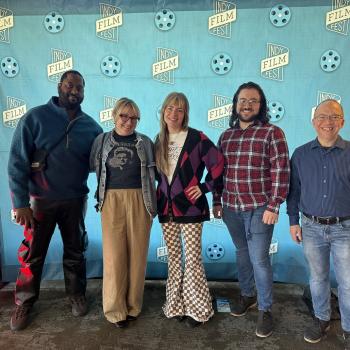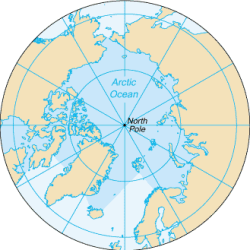After a serious spoiler warning to hopefully send anyone who wants to avoid spoilers running for their lives and averting their gaze, I begin this post with the biggest mystery of the episode but by no means the only one, namely whether the credits saying “Introducing Billie Piper” is significant and if so in what way. Saying that she was mentioned is of course a spoiler, but for those who are still reading, who either don’t care about spoilers or... Read more

















